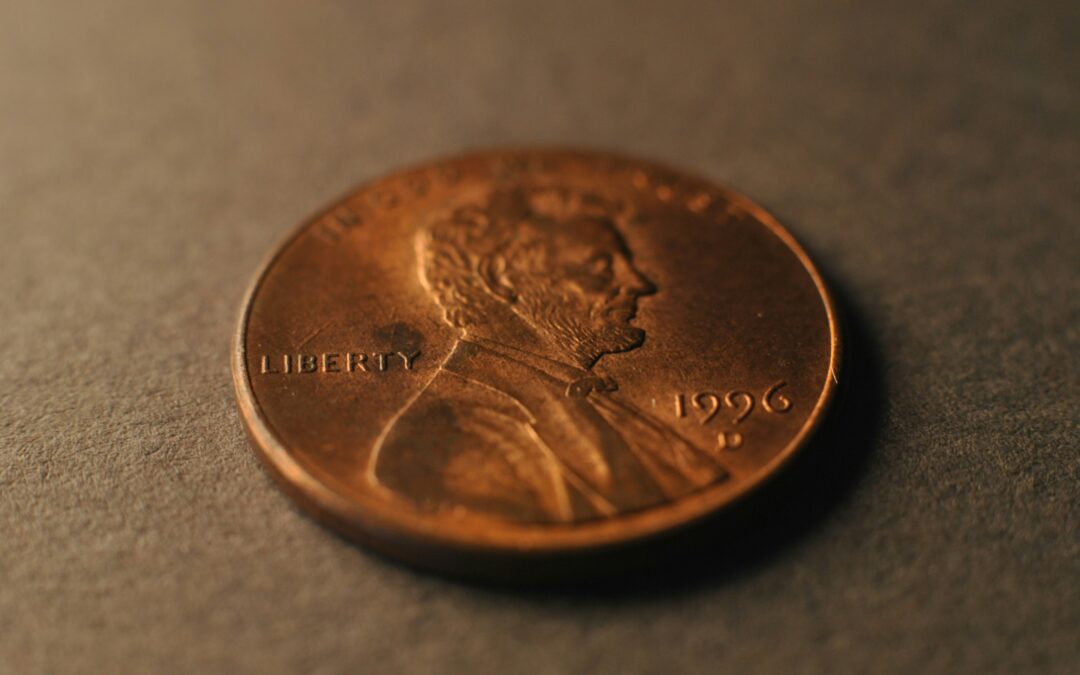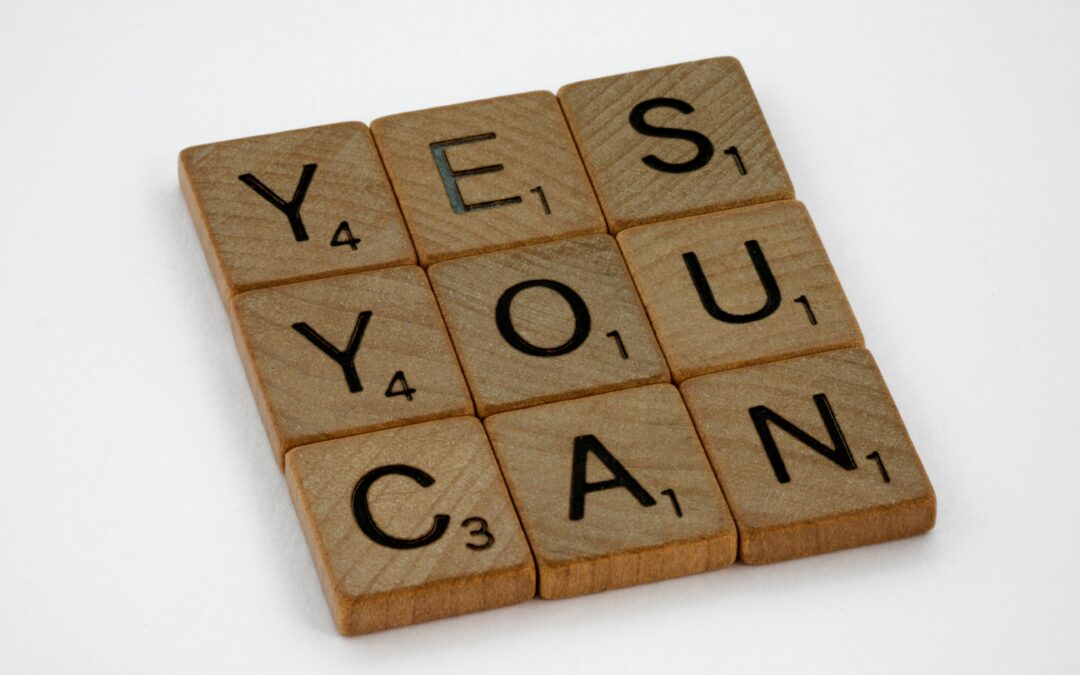From a health perspective, drinking clean filtered water is a fundamental step towards reducing exposure to harmful contaminants and optimizing your body’s essential functions, making it a truly foundational element for overall health.

Feng Shui Quick-Start Checklist To Immediately Apply Key Principles.
The Feng Shui Quick-Start Checklist: Instantly Harmonize Your Home & Life
Feeling like your home’s energy could use a boost? Want to invite more peace, prosperity, or positive vibes into your living space without a complete overhaul? You’re in the right place!
Feng Shui, the ancient Chinese art of arranging environments to optimize energy flow (Chi), doesn’t require drastic renovations. In fact, some of the most powerful shifts come from simple, immediate adjustments. This Feng Shui Quick-Start Checklist is your go-to guide for applying key principles right now, creating noticeable improvements in your home’s energy and, by extension, your life.
Forget overwhelming theories for a moment. Let’s dive into practical, actionable steps you can implement today to start harmonizing your home and inviting the energy you desire.
Why a Quick-Start Checklist?
Many people feel intimidated by Feng Shui’s vast principles. The beauty of a quick-start approach is that it:
- Offers Immediate Impact: Small changes can create significant energetic shifts.
- Builds Confidence: Seeing immediate results motivates you for deeper exploration.
- Is Accessible: No special tools or costly items required for these foundational steps.
- Focuses on Fundamentals: These are the bedrock principles that benefit everyone.
Ready to transform your space, one simple step at a time? Let’s get started!
Your Feng Shui Quick-Start Checklist: 7 Essential Actions
These actions focus on maximizing Chi flow, ensuring clarity, and setting positive intentions.
1. Declutter Your Entryway & Main Door
- The Principle: The entryway is the “mouth of Chi” – where energy enters your home.
If it’s blocked, positive energy can’t get in. - Action Steps:
- Clear the Path: Remove shoes, bags, mail, or anything else blocking the front door, both inside and out. Ensure the door can open fully without hitting anything.
- Cleanliness: Wipe down your front door, sweep the porch, and clean your doormat.
A clean entrance invites positive energy. - Light It Up: Ensure your entryway is well-lit, day and night. A bright, welcoming entrance attracts vibrant Chi.
2. Optimize Your Bed Placement (The “Command Position”)
- The Principle: Your bed’s position significantly impacts your sleep, health, and relationship energy.
The “command position” gives you a sense of security and control. - Action Steps:
- Solid Wall Behind: Place your bed with its headboard against a solid wall, not directly under a window (symbolically unstable).
- View of the Door: Position your bed so you can see the bedroom door from where you lie, but you are not in a direct line with it (avoiding “coffin position”).
- Clear Underneath: Keep the space under your bed clear of storage, especially anything that holds emotional weight. Allow Chi to flow freely beneath you while you sleep.
- Solid Wall Behind: Place your bed with its headboard against a solid wall, not directly under a window (symbolically unstable).
3. Clear Clutter (Especially in Key Areas)
- The Principle: Clutter creates stagnant, heavy energy that blocks opportunity, drains vitality, and attracts more of what you don’t want.
- Action Steps:
- Start Small: Don’t try to clear your whole house at once. Pick one drawer, one shelf, or one corner.
- Areas of Impact: Focus on clutter in your kitchen (health & wealth), office (career), and bedroom (rest & relationships).
- Release What Doesn’t Serve You: Get rid of anything broken, unused, or unloved. Make space for new, positive energy to enter.
4. Ensure All Drains Are Closed When Not in Use
- The Principle: Water symbolizes wealth and abundance in Feng Shui.
Open drains and toilet lids are symbolic of energy and money literally “draining away.” - Action Steps:
- Close Lids: Keep all toilet lids closed.
- Plug Drains: Put stoppers in sinks and tubs when they’re not in use.
- Fix Leaks: Repair any leaky faucets or pipes immediately.
This is crucial!
5. Add Living Plants (Strategic Placement)
- The Principle: Living plants bring vibrant, growing Chi (Wood element) into your space, enhancing vitality and fresh energy.
- Action Steps:
- Entryway: Place a healthy plant in your entryway to welcome positive energy.
- Living Room: Use plants to soften sharp corners or add life to dull areas.
- Avoid in Bedroom: Generally, avoid too many large plants in the bedroom, especially near the bed, as their active energy can be too Yang for rest.
A small, healthy plant is usually fine. - Keep Them Healthy: Dying or unhealthy plants bring stagnant energy.
Either revive them or remove them.
- Entryway: Place a healthy plant in your entryway to welcome positive energy.
6. Optimize Lighting for Energy Flow
- The Principle: Good lighting is crucial for activating Chi and improving mood.
Dark, unlit areas accumulate stagnant energy.
- Action Steps:
- Natural Light: Open curtains and blinds during the day to let in as much natural light as possible.
- Brighten Dark Corners: Add lamps to any dark or gloomy corners in your home, especially those that feel neglected.
- Layered Lighting: Use a mix of ambient, task, and accent lighting to create warmth and versatility in your living spaces.
- Natural Light: Open curtains and blinds during the day to let in as much natural light as possible.
7. Set Clear Intentions for Your Space
- The Principle: Feng Shui isn’t just about arrangement; it’s about intention.
What do you want your home to help you achieve? - Action Steps:
- Identify Your Goals: Before making changes, decide what you want more of: peace, wealth, love, creativity, better health?
- Verbalize or Visualize: As you make a change (e.g., clearing clutter, placing a plant), state your intention aloud or visualize the positive outcome.
- Infuse with Meaning: Every adjustment you make, no matter how small, can be infused with meaning and purpose.
Start Simple, See Big Results
You don’t need to be a Feng Shui master to experience its benefits. By implementing just a few of these Feng Shui Quick-Start Checklist items, you’ll immediately begin to shift the energy in your home. These small, deliberate actions can lead to surprising improvements in your mood, relationships, productivity, and overall sense of well-being.
Your home is an extension of you. When you honor its energy, it, in turn, honors and nurtures you.
Ready to feel the difference?

Drinking Clean Filtered Water Is Important In Feng Shui

How To Create a Peaceful And Productive Atmosphere At Home
Creating a peaceful and productive atmosphere at home with Feng Shui is all about optimizing the flow of "chi" (life force energy) and balancing the five elements (Wood, Fire, Earth, Metal, Water) to support your well-being. It's about designing your space to feel...

Feng Shui Quick-Start Checklist To Immediately Apply Key Principles.
Feng Shui quick-start checklist to immediately apply key principles. Feeling like your home’s energy could use a boost? Want to invite more peace, prosperity, or positive vibes into your living space without a complete overhaul? You’re in the right place!

Common Feng Shui Mistakes to Avoid
Even with the best intentions, it’s easy to make common mistakes that can inadvertently hinder your energy flow.

In Feng Shui, the act of finding coins, is generally considered highly auspicious.
In Feng Shui, the act of finding coins, is generally considered a highly auspicious sign. While a modern penny isn’t a traditional Feng Shui coin, the principle of finding money holds significant positive meaning.

Feng Shui The Best Position To Sleep
Many Feng Shui practitioners consider sleeping with your head pointing South as the most beneficial direction for overall health and deep, restorative sleep.

Best Feng Shui Tip For Staying Healthy
When it comes to using feng shui to stay healthy, the most impactful and widely agreed-upon tip is:
Prioritize a clean, clutter-free, and well-organized living space, especially in key areas like the bedroom, kitchen, and the center of your home.

If You Don’t Complain -You’re Golden
Complaining is considered detrimental in Feng Shui for several key reasons, all stemming from its impact on the energy flow:

The Three Easiest And Fastest Ways To Bring Feng Shui Luck
Feng Shui is about creating harmony and balance in your environment to improve the flow of “chi” (energy), which can influence your luck. While some changes might take time to fully manifest, here are three easy and fast ways to change your luck today:

How To Feng Shui Your Home Office And Desk
Feng Shui in a home office is crucial for supporting your career, focus, and overall well-being. It’s about creating a space where energy (chi) flows freely, encouraging productivity, clarity, and success.

Ways To Live A Calmer, Happier Life
Live a calmer, happier life is a journey, not a destination. It involves cultivating daily habits, shifting your mindset, and being intentional about your well-being.

